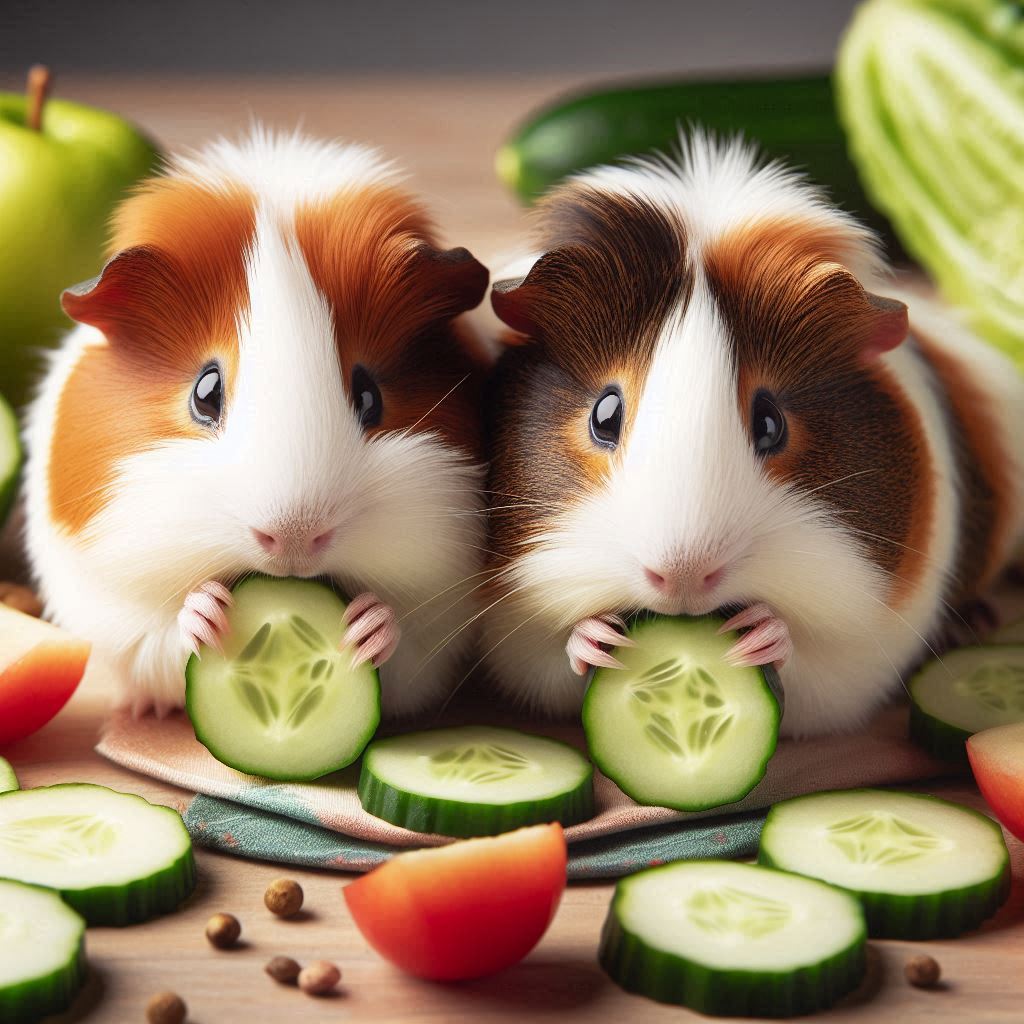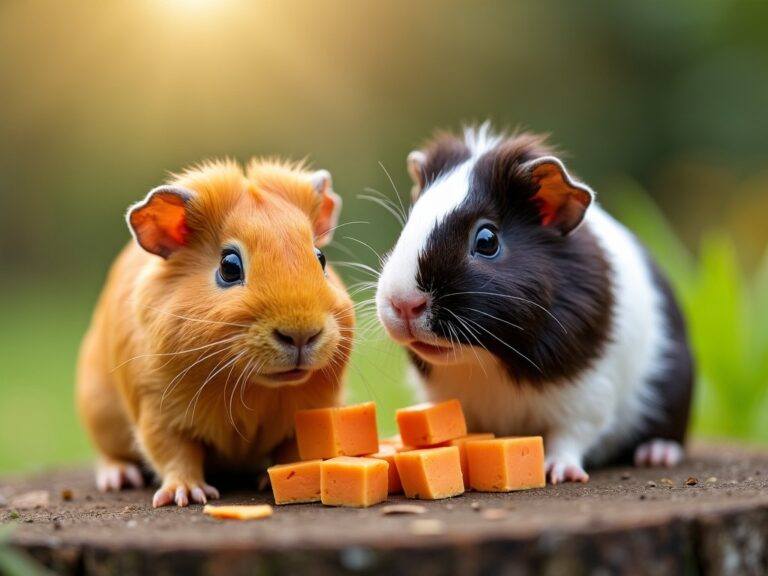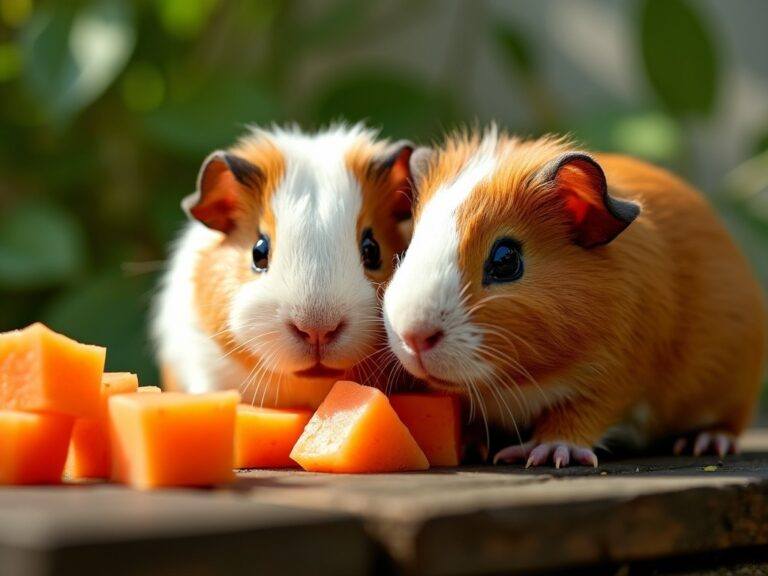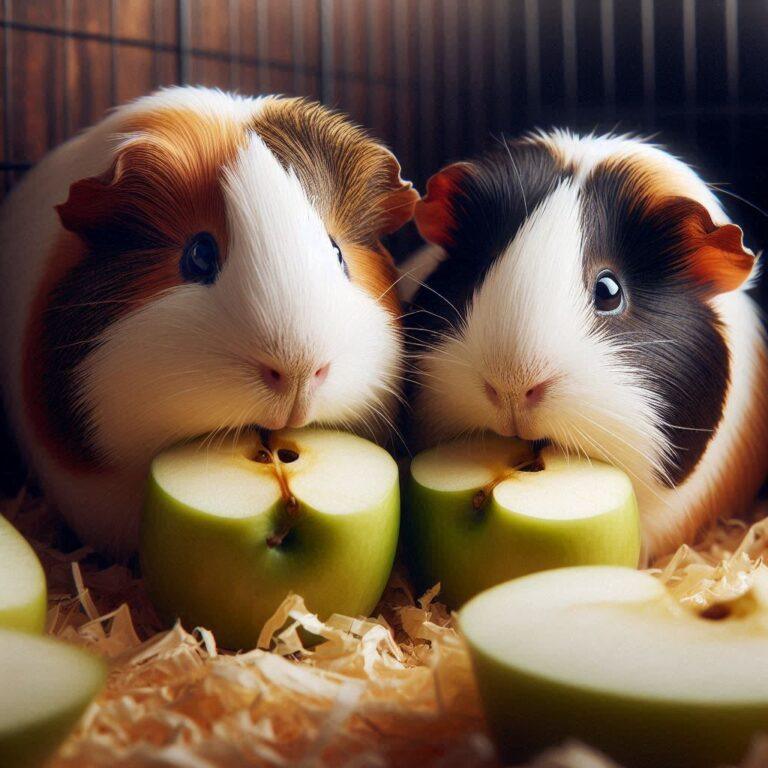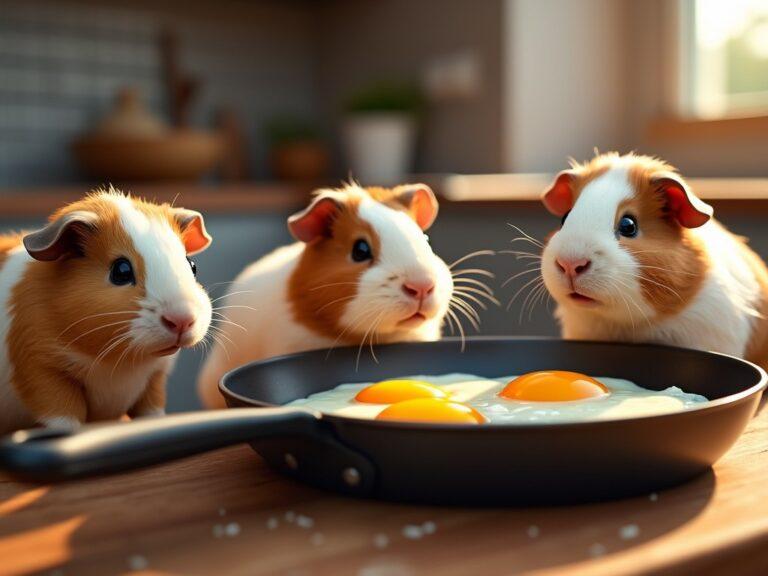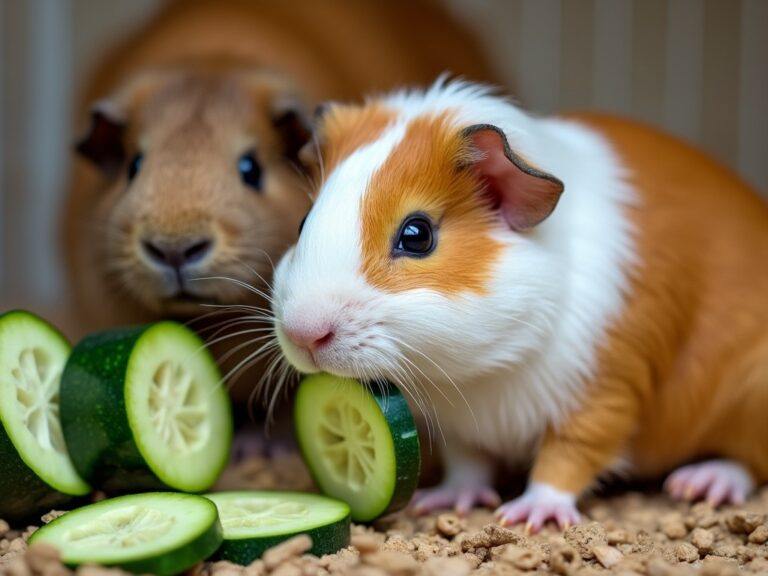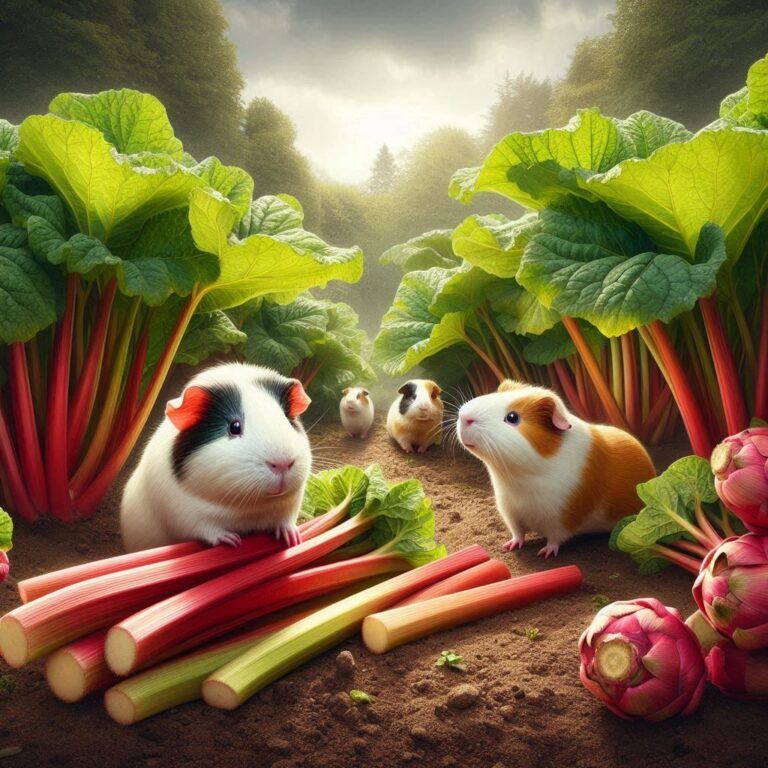Can Guinea Pigs Safely Eat Cucumber
Can guinea pigs safely eat cucumbers? Absolutely. Cucumbers are a safe and hydrating food choice for guinea pigs, providing essential hydration thanks to their high water content. Not only do they serve as a refreshing snack, but cucumbers also supply a range of vitamins such as vitamin K, which supports proper blood clotting and bone health.
Feeding cucumbers to guinea pigs has tangible benefits.
These green veggies contribute to the animal’s hydration, which is crucial considering guinea pigs often do not drink enough water on their own.
Cucumbers also offer vitamins and a dose of dietary fiber, which can aid in digestion. However, it’s not only about the ‘what’ but also the ‘how’ – understanding the proper amount and frequency is key to ensuring cucumbers act as a beneficial addition to your pet’s diet, not a disruptive one.
Understanding why cucumbers are a good treat involves looking closely at their makeup. They’re low in calories, have a mild taste that doesn’t overpower, and their texture is easy for guinea pigs to manage.
But before we start chopping up a cucumber at every meal, let’s discuss some best practices that ensure this treat remains a healthy part of your guinea pig’s overall diet.
Feeding Cucumbers to Your Guinea Pig
Guinea pigs can indeed enjoy cucumbers, but like any treat, they should be given in moderation. An excess can cause stomach issues due to the high water content, leading to diarrhea.
Ideally, cucumbers should serve as a supplement to their main diet.
When preparing cucumbers for your guinea pig, wash them thoroughly to remove any pesticides. Organic cucumbers are a great choice to avoid these chemicals altogether.
Cut them into small, manageable pieces to prevent choking and remove the seeds if they are particularly large.
Introduce cucumbers slowly into your guinea pig’s diet. Start with a small piece and observe how they react to it over the next 24 hours.
This approach helps ensure your pet doesn’t experience any adverse reactions and allows their digestive system to adjust.
Varying the treats you offer to your guinea pig is crucial. While cucumbers can be a fresh addition, relying solely on them isn’t advisable.
Next, I’ll discuss a wholesome diet beyond just cucumbers, emphasizing the need for diversity to maintain optimal health.
A Balanced Diet for Guinea Pigs
A balanced diet is crucial for the health and well-being of guinea pigs. While cucumbers are a safe and hydrating treat, they should only be a part of a diet that’s rich in variety.
Guinea pigs require a consistent supply of hay, which should make up the bulk of their diet. Hay provides the necessary fiber for their digestive health and is essential for dental wear.
Fresh leafy greens like romaine lettuce, broccoli, kale, and parsley should also be a daily addition. These greens are packed with nutrients and low in calories, making them an ideal choice for your pet.
Vitamin C is vital for guinea pigs, as their bodies don’t produce it. Ensure your furry friends receive enough through vegetables like bell peppers and occasional fruits such as kiwi.
Steer clear of foods that can be harmful to guinea pigs, such as potatoes, nuts, and seeds. These can cause digestive issues and other health problems when ingested by your pet.
Always provide fresh water, replacing it daily. Dehydration can be a severe issue for guinea pigs, and clean water is necessary for their overall health.
While cucumbers can be a hydrating and nutritious snack for guinea pigs, they thrive on a balanced diet that includes hay, a variety of vegetables, a limited intake of fruit, and unlimited fresh water.
Monitoring your pet’s intake and avoiding harmful foods is key to a long, happy life for your guinea pig companion.

